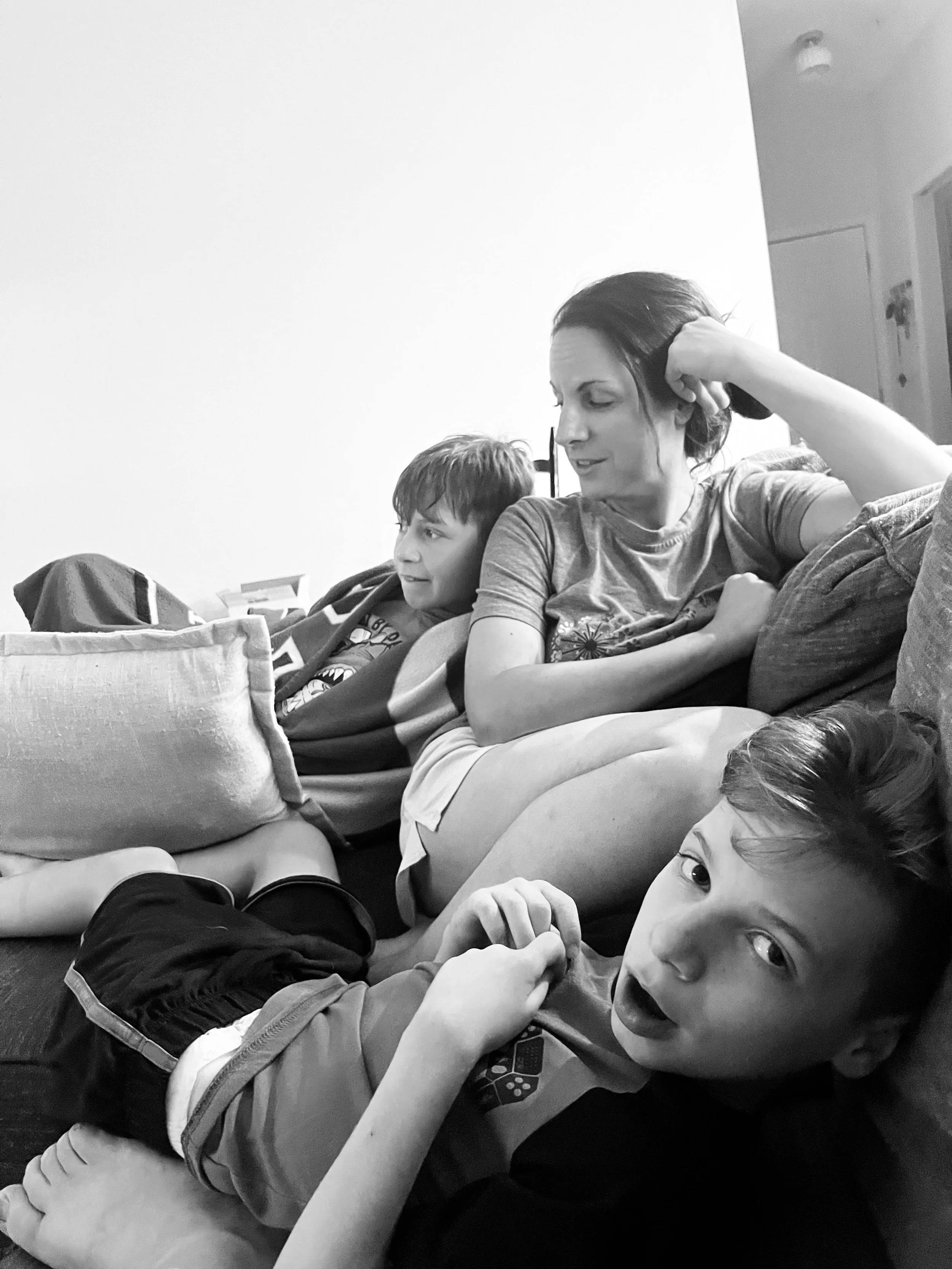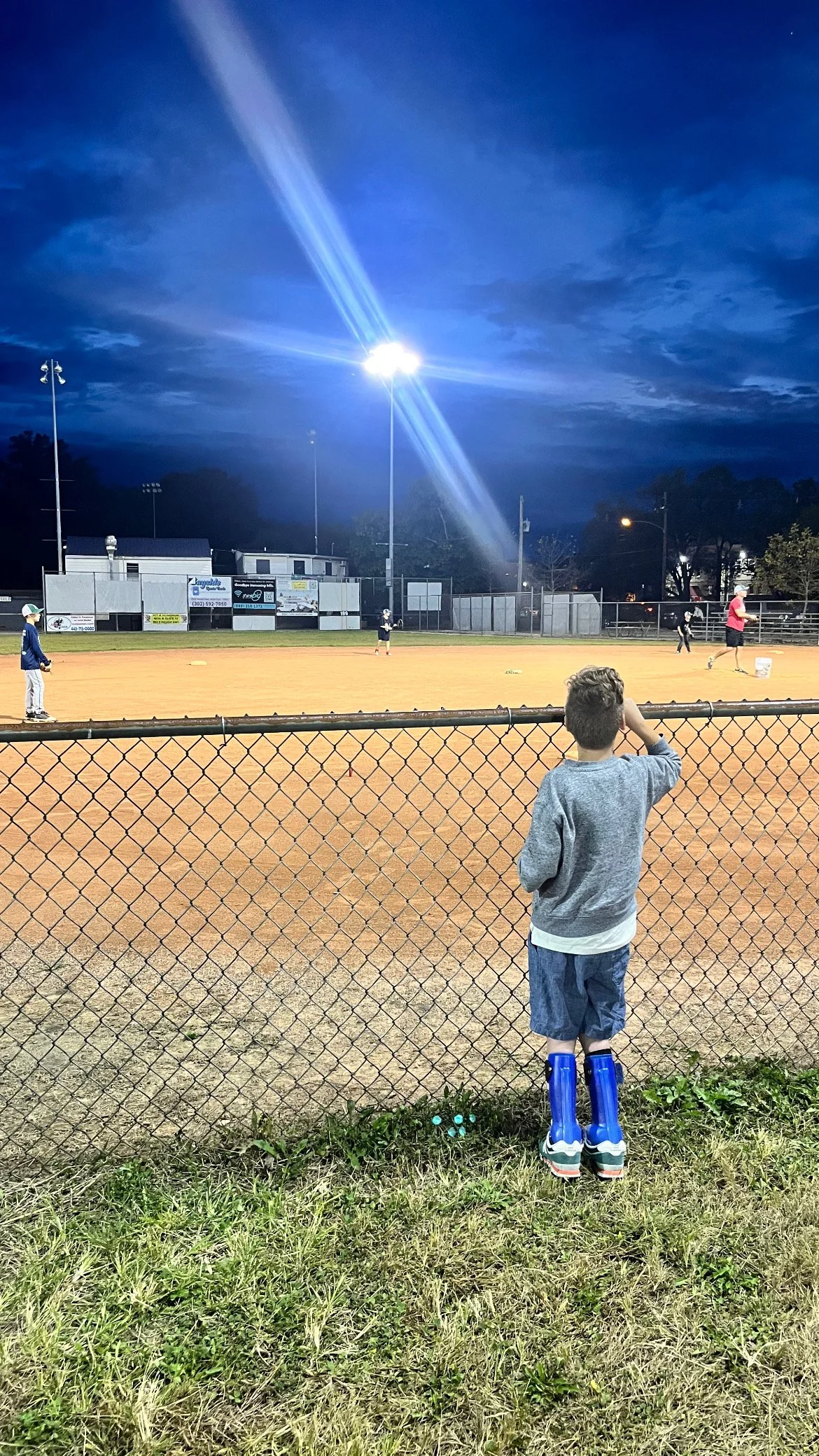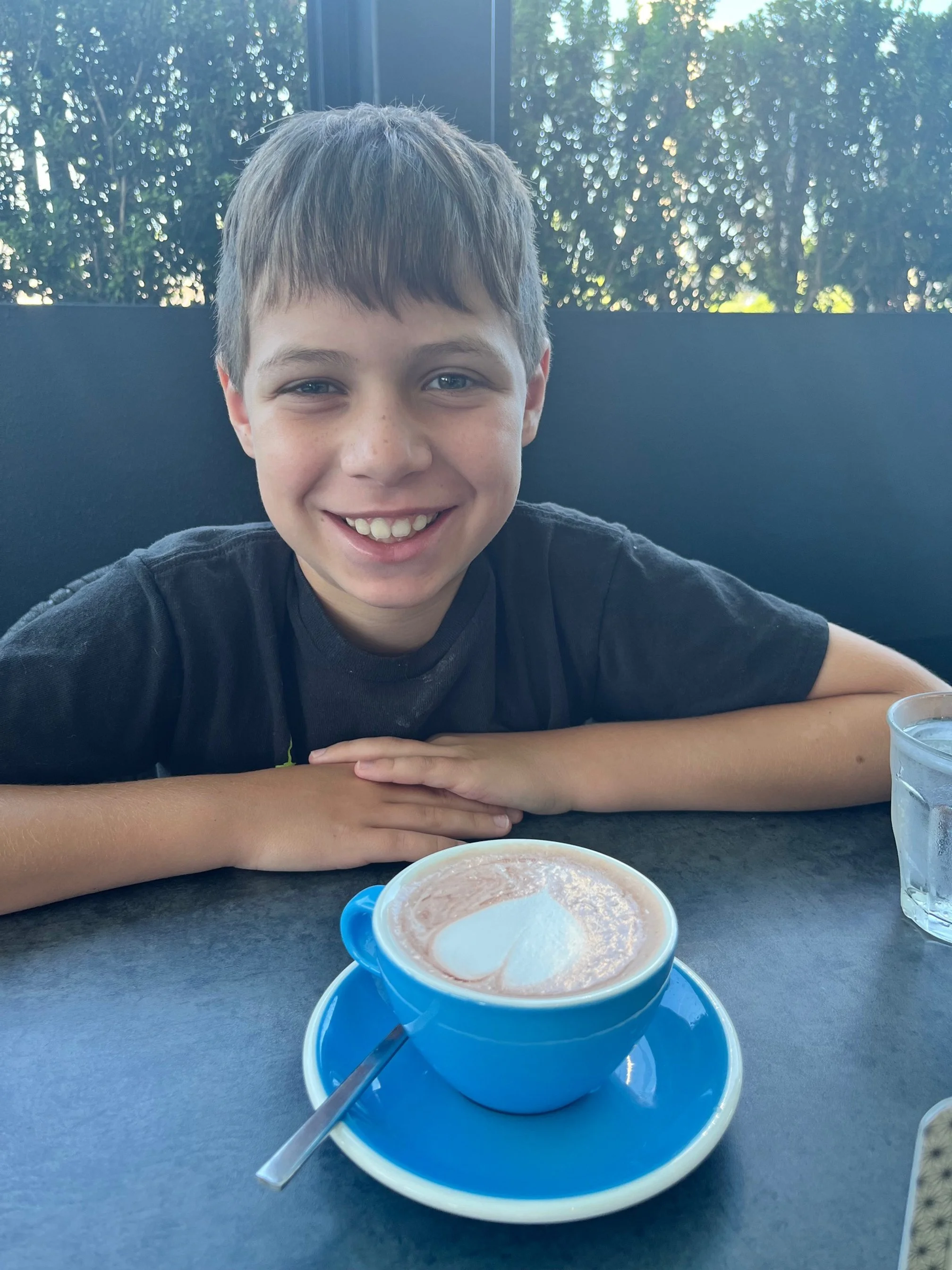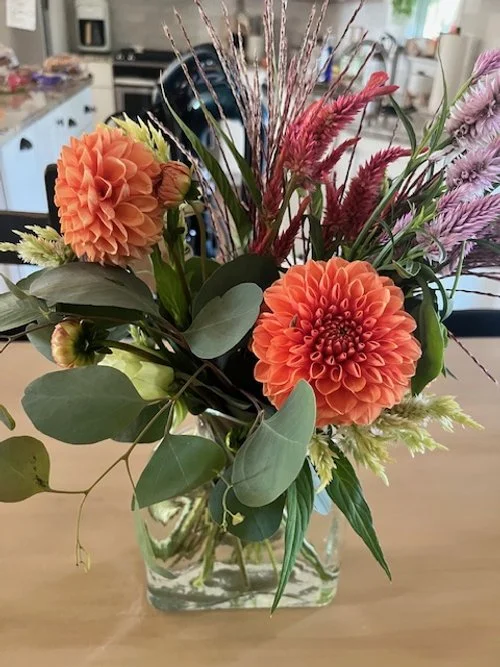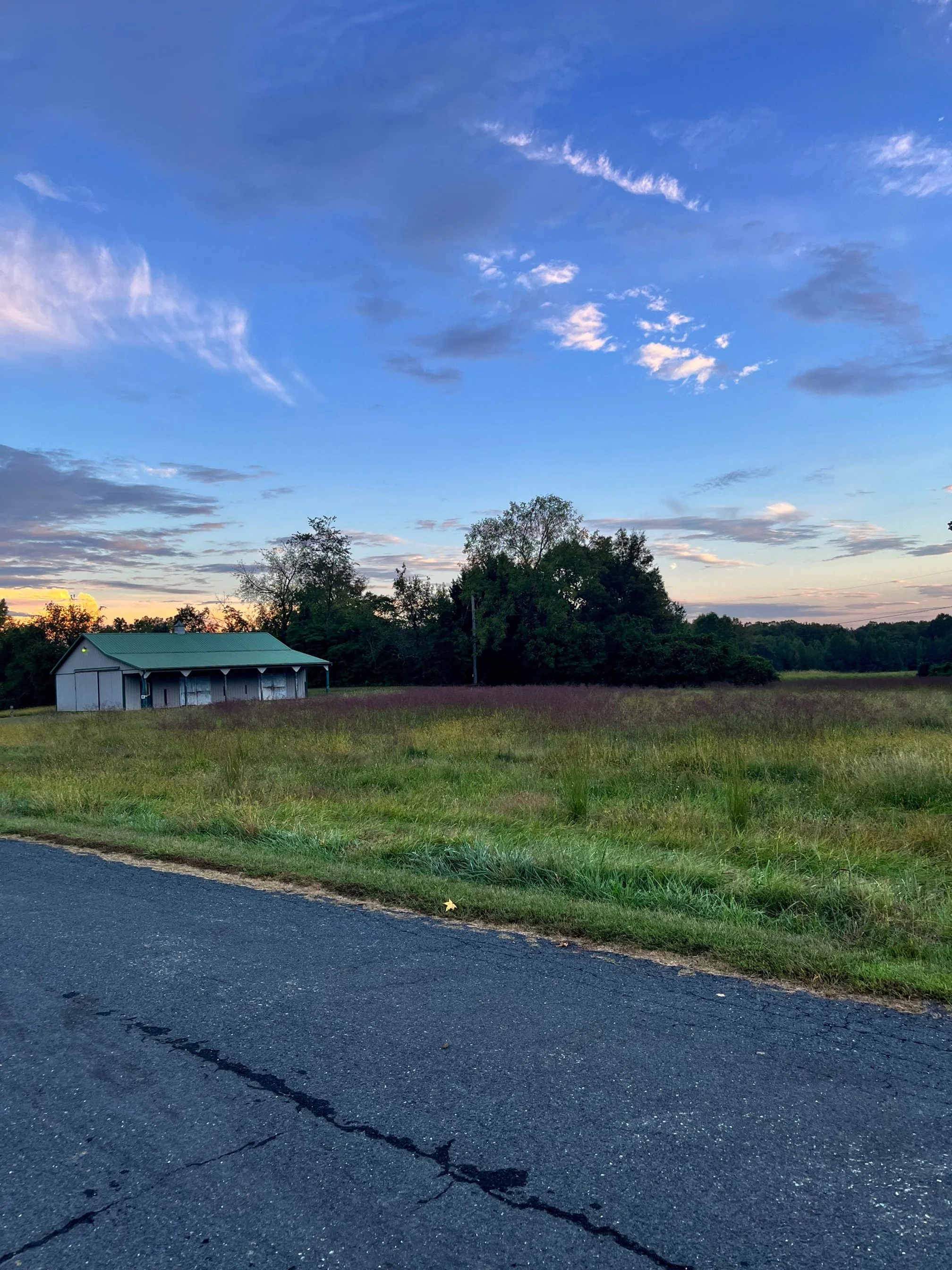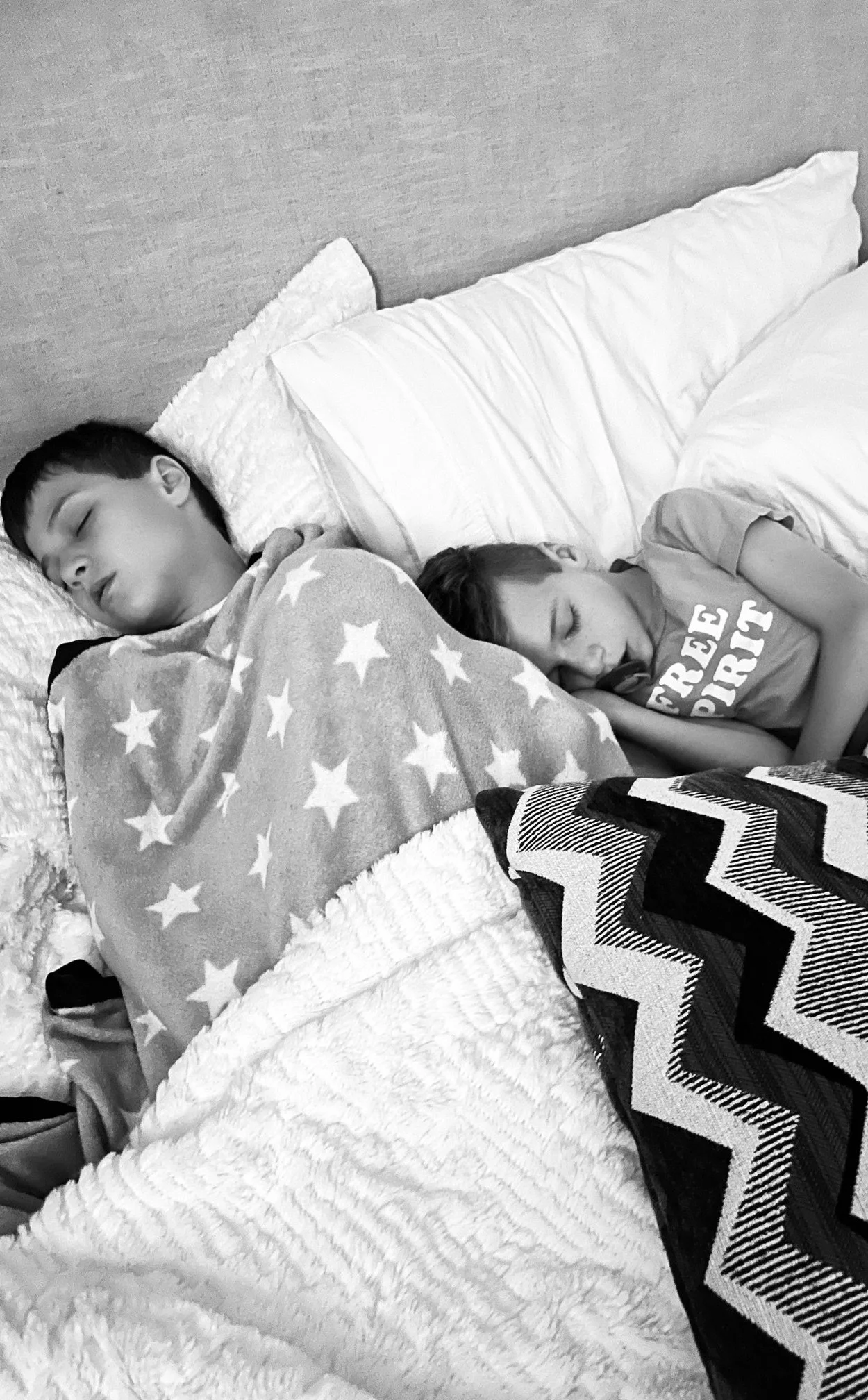Gratitude Doesn’t Mean It’s Easy
The Myth of “Just Be Grateful”
If you’re a parent of a child with disabilities, you’ve probably heard it before: “At least he can…” or “Just be thankful…” Those phrases are often meant to soften the hard edges of our reality, but they can sting more than they soothe.
I’m blessed to say that the vast majority of our support network sees my son and our family for exactly who we are. But I’d be lying if I said people outside that circle haven’t said those words to me. Here’s the thing: I am well aware that it could be worse. But also, no one wants their child to be the “worse.” And the truth is, my child probably is the “worse” in someone else’s story.
I’m thankful every single day that Bennett is as healthy as he is. Right now, his epilepsy is well controlled. We’ve avoided major hospitalizations outside of planned surgeries. For all intents and purposes, he’s doing well. But that doesn’t mean it’s easy. Gratitude doesn’t erase the fear, exhaustion, or grief that live quietly alongside it.
There’s this strange duality in gratitude where you can be worried, anxious, stressed, and utterly exhausted, and still feel an overwhelming sense of thankfulness.
That tension shows up in different seasons of life and sometimes you just don’t know when it will strike, but other times, it’s a predictable pattern. For me, it’s the unofficial start of flu season. Those early years were filled with hospital stays and sleepless nights in ICU rooms. Every fall, that old anxiety returns. And yet, at the very same time, I feel deep gratitude that this isn’t our current reality. I know just how lucky we are, and I hold that gratitude close, even as my heart aches for families still in that season.
Gratitude in the Messy Middle
Gratitude, for me, doesn’t come wrapped in a bow. It lives in the middle of the mess, in the ordinary, mundane chaos that fills our days.
Every morning, I write down what I’m anxious about and what I’m grateful for. Most days, it looks something like this:
I’m anxious about the growing stack of grant applications and how few funds we have to meet every need. I’m stressed that we have some unexpected medical bills rolling in that I didn’t anticipate. I’m worried that Bo isn’t getting enough of my attention. And I’m nervous because Bennett seemed a little “off” this morning, but I hope he has a good day at school. Some days, it’s not so deep and I am just worried that I didn’t make it to the grocery store the day before and I have absolutely no clue what to feed these kids for dinner.
But also, I’m grateful for our incredible village, our babysitter, Emily, who shows up every morning with patience and kindness and so much love for my babies. I’m grateful that we’ve already helped a few families through WolfPups. I’m grateful that I both Brett and I are gainfully employed, have a beautiful home, food on our table, two beautiful boys and family that loves us. I’m thankful for fresh cut flowers or a quick fancy coffee date with Bo and some days I’m just thankful for ordinary, everyday, uneventful life.
My favorite mornings are the slow ones, the rare times when I can sit with my coffee and just listen to Bennett laugh and clap from his bed while we make breakfast and listen to music. I’m grateful for those tiny, perfect moments. For the sweet bond my boys share. For our family and friends who love us so fully.
And yet, there are days when gratitude feels far away. Days when I’m angry at the universe, at myself, at the randomness of it all. I still get mad that I contracted CMV while pregnant. I’m still mad that this disability has reshaped our lives in ways that are both beautiful and brutally hard. I would give anything to take away my son’s disability. Not because I don’t love him for exactly who he is, but because I know the world wasn’t built for him, and because I’d do anything to ease the pain, the surgeries, and the endless work he’ll face. He is joyful, loved, and deeply adored, and I am endlessly thankful for that. But I’d be lying if I said I wouldn’t change the hard parts if I could.
Holding Two Truths
I’ve learned that you can be both grateful and tired. Both hopeful and heartbroken. I can be grateful we can afford intensive therapy, and still be physically, emotionally, and financially drained after three weeks of travel and nonstop care. I can be overjoyed that Bennett is doing so great at walking with his cane but painfully aware that we still have so far to go. Authentic gratitude doesn’t ask us to deny the hard parts. It simply invites us to notice the good without pretending the hard isn’t real. It’s not about being joyful all the time. It’s about giving ourselves space to grieve, to rest, to rage, and to recognize the glimmers of light that help us keep going.
The Practice of Noticing
Since January 1st, I’ve been writing down what I’m grateful for and what’s weighing on me every single day. It’s not fancy or profound. It’s just a small moment of reflection in the middle of the chaos. At the end of the year, I plan to look back through those pages, the messy mix of joy, fear, frustration, and gratitude, and remind myself how much beauty and resilience showed up along the way. That’s the thing about gratitude: it’s not about perfection, and it’s not for show. It’s a quiet practice of noticing. And when I do, I find that gratitude tends to show up right where I need it most, often in the smallest, simplest moments. I’m endlessly grateful for our circle, the people who see us, support us, and love our boys and our family so deeply. If I don’t say it enough, I should: I value you. You are the village that makes all of this possible.
Gratitude isn’t always easy. Some days, it’s hard-won. But when we work to find it, when we let it exist alongside the mess, the fear, and the fatigue, it has a way of grounding us. Even when it’s not easy, gratitude is the quiet thread that keeps us moving forward.

